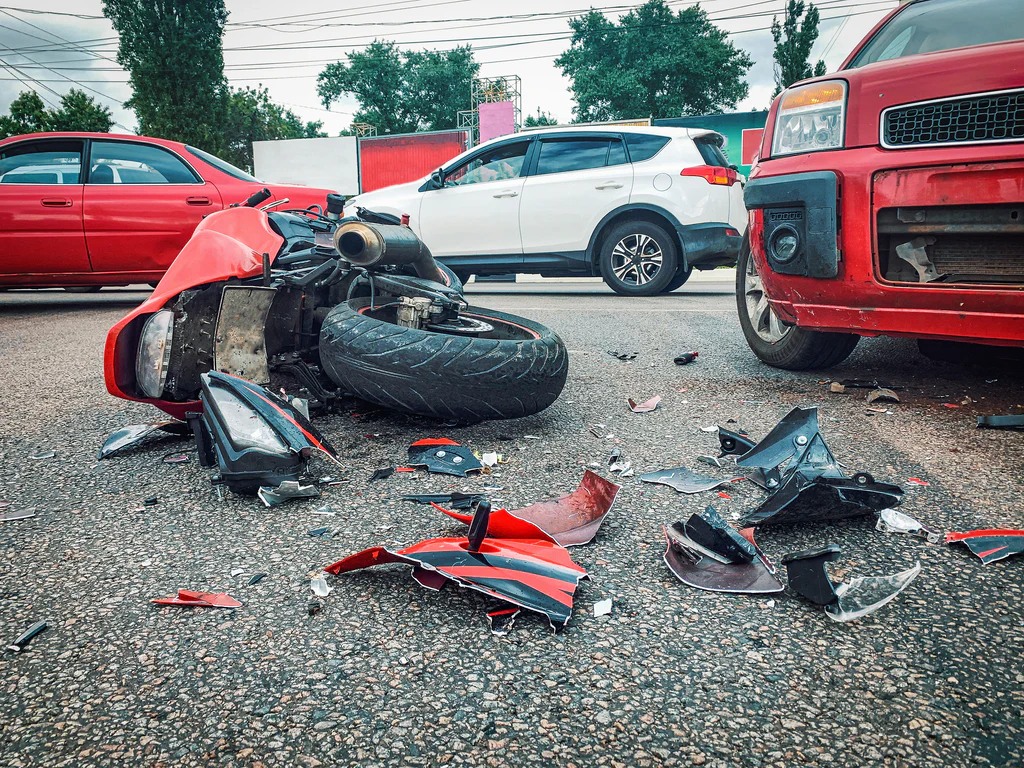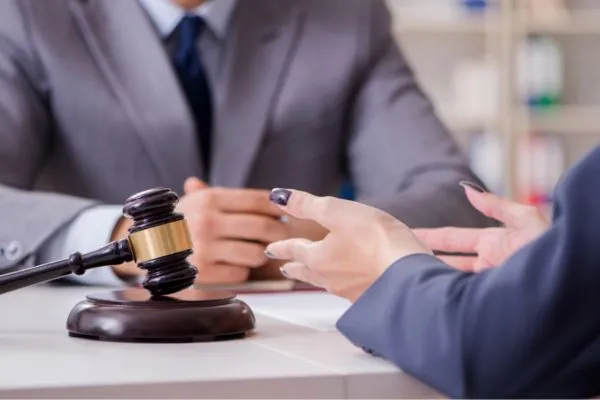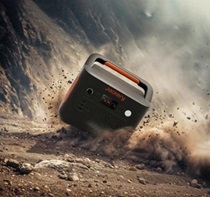Motorcycle accidents can be life-changing events. Given the vulnerability of riders, accidents can often result in severe injuries, emotional trauma, and financial strain. Knowing how to respond in the moments following a crash is critical to your well-being and any potential legal proceedings. This piece will talk about the most important things you should do after a motorcycle accident to keep yourself safe, protect your legal rights, and speed up the process of getting paid.
Prioritize Safety and Medical Care
The very first priority after a motorcycle accident is safety. Your life and health are the most important considerations. Even if you feel relatively unscathed, it’s crucial to take the following actions:
Check for Injuries
Assess yourself for injuries and avoid making sudden movements, especially if you suspect you have a neck, back, or spinal injury. Adrenaline may mask pain, so you may not realize the extent of your injuries until later. If you’re unable to move or are in severe pain, wait for emergency responders to assist you.
Move to a Safe Location
If you’re in immediate danger, such as being in the middle of the road, move to a safer location, but only if it’s physically possible and doesn’t risk further injury. It’s important to avoid causing another accident due to obstructing traffic. If you’re able to move, try to get off the road and into a secure place.
Seek Medical Attention, Even If You Feel Fine
Injuries from a motorbike accident, like internal bleeding or traumatic brain injuries, may not always be obvious at first. Get medical help right away. This will help find any secret injuries and give you proof that is important for your insurance claim and any possible legal action. Remember that some accidents might not show up for days.
Document the Accident Scene
Once safety and medical care have been addressed, the next step is to document the accident as thoroughly as possible. Detailed records of the accident scene can be pivotal when negotiating with insurance companies or pursuing legal action. Here are the key actions you should take to gather evidence:
Take Photographs and Videos
If you are healthy enough to do so, use your phone to take pictures and movies of the accident scene. Be sure to capture:
- Where all the cars that were involved in the crash were
- Skid marks, road conditions, and weather
- Any damage to your motorcycle and other vehicles
- Visible injuries you’ve sustained
- Traffic signs, signals, or barriers in the area
These images can serve as valuable evidence that paints a clear picture of what happened during the accident.
Gather Witness Information
If there are witnesses to the accident, get their names and phone numbers so you can get in touch with them. Witnesses can provide independent accounts of what transpired, which may be useful when establishing fault.
Report the Accident to Law Enforcement
In many jurisdictions, you are legally required to report a motorcycle accident, especially if it involves injuries or significant property damage. Having law enforcement on the scene ensures that an official report is filed, which is crucial for any insurance claims or legal cases that may follow. Here’s what you need to do:
Cooperate with the Police
When law enforcement arrives, provide them with an accurate and honest account of the accident. Be sure to share your observations, but avoid speculating or admitting fault. Stick to the facts, and don’t downplay your injuries or the damage to your motorcycle.
Obtain a Copy of the Police Report
The police record will have information about the accident, the people who were involved, any citations that were given, and witness statements. This report can be used as an unbiased account of what happened, which could come in handy when talking to insurance companies or the court. Make sure you ask for a copy of the police report as soon as it’s ready.
Request Medical Records from On-Scene EMTs
If you were treated on-site by emergency medical technicians (EMTs), request a copy of their records, which detail their observations of your condition at the scene. This information can be very helpful if you need to get paid for medical bills connected to the accident.
Notify Your Insurance Company
An important thing to do after a motorcycle crash is to tell your insurance company about it. However, it’s essential to approach this process with caution, as your statements may impact your claim or legal proceedings.
File Your Claim Promptly
Most insurance policies have time limits for reporting accidents, so it’s important to notify your insurance provider as soon as possible. You might not get your claim paid if you don’t report the accident within the time limit.
Be Careful with Your Statements
When speaking to insurance adjusters, provide only the basic facts about the accident and avoid giving any recorded statements without consulting a lawyer. Insurance companies are businesses, and their main goal is to pay out as little as possible. Anything you say, even something as innocent as “I’m fine,” could be used to devalue your claim. It’s wise to avoid discussing your injuries until you’ve received a thorough medical evaluation.
Understand Your Policy
Check your insurance contract to see what it covers for medical bills, damage to your property, and accidents caused by drivers who don’t have insurance or enough insurance. It will help you get through the claims process if you know your rights and the limits of your benefits.
Consult a Motorcycle Accident Lawyer
In many cases, motorcycle accident claims can become complicated, particularly if there are disputes over liability or if the insurance company offers a low settlement. Talking to a Denver motorcycle accident lawyer can help you get the money you deserve and understand the complicated legal system.
Conclusion
Motorcycle accidents can be scary, but if you do the right things right away, they can make a big difference in how well you heal and how the legal process goes. To protect your legal rights and health, you should first focus on safety. After an accident, you should take photos, file a report, talk to your insurance company, and talk to a motorbike accident lawyer. Because the choices you make right after the crash will affect you for a long time, be careful and get help from a professional if you need to.









